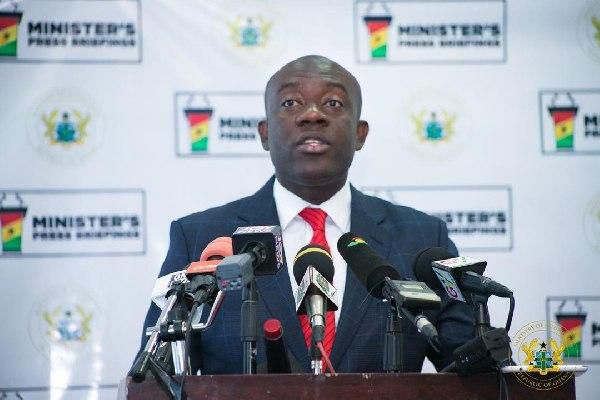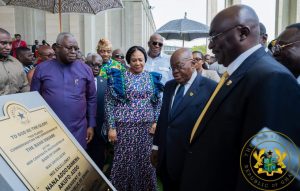
Chief Executive Officer of US firm Richards Rainwater says harvesting of rainwater has been touted as the best method to ensure water availability for all.
Taylor O'Neil who is also an entrepreneur said it also helps to preserve the environment and does not consume available water on the planet.
“It requires less energy, it produces less waste, and it creates more clean drinking water that tastes better…We hope the future is full of more rain, more clean water and prosperous humanity,” he said during a visit to his facility in Austin, Texas – USA.
“Rainwater is the purest, cleanest, most sustainable source of drinking water on the planet… It should be used for a lot more things than just bottled water,” Mr O’neil added.
“The ability to access water if you don’t capture it when it rains is incredibly difficult. It could be super down below the earth. You have to dig a deep well. Maybe, it ends up in places that it’s so hard to purify. Maybe, it’s not worth the time or energy, and you have to bring it in from far far away. There are all kinds of problems if the water gets dirty,” he observed.
It is estimated that all over the world, 1 in 10 people lack access to clean water. About one million people are reportedly killed by water, sanitation and hygiene-related diseases every year.
In most communities, water bodies like sea, lakes and rivers may be available but are not be good enough for drinking and other uses because they are polluted or salty. The Richards Rainwater CEO says such incidents of pollution are likely to get worse in the years ahead.
“Increasingly, with all the economic and farm-related developments…, things like herbicides and fertilizers and pesticides and pharmaceuticals are ending up in places that used to be sources of exceptionally clean and ready to use or purified water. These problems are not getting less… And people should pay more attention,” he observed.

Taylor O’Neil – CEO Richards Rainwater
“Water is solvent, it absorbs everything it touches. Once it gets dirty, you either drink bad water or you spend an incredible amount of time and energy and in our case money, purifying out things that should not have been there in the first place,” Mr O’neilnoted.
He says this is why rainwater harvesting is important. “We believe that if you just capture the water and get it to a safe place before all of those things start touching the water that you are going to drink, its more clean water available.
“The water tastes better, and you eliminate a lot of situations where safety can become a problem regardless of what the purification process is,” Mr O’neil noted.
Richards Rainwater, founded by Richard Heinichen, is the first company to have gotten approval from US regulators for the bottling of rainwater back in 2002. It then received the first permit to bottle and supply water without sanitizing it with chemicals like chlorine.
“All water sources start as rainwater… Bottling rainwater has a high yield in production with minimal waste streams…,” he explained. “Our process involves 100% real rain. None of the water came from a lake or river.
“As a result of the lack of contaminant in water, our process is almost zero waste. It has no chemicals in it. And the water has a different taste because the hardness of it is so different from other sources of water,” he noted.
“We capture real rainwater before it touches the ground…it’s the world’s most naturally pure source of water…We think it's special… Our product is helping to provide more available clean water…. All of the others are taking water and proliferating it in a bottle for people who can afford it…,” Mr O’neil added.
He says with the availability of rain in almost all parts of the world, communities all over the world can venture into rainwater harvesting which he says is less expensive than a lot of the purification processes.
“People trying to clean fracking water, making ocean water drinkable, all very noble courses, but in our minds, there is a pretty simple solution here that is not being used nearly enough…. rainwater,” he said.
The concern about lack of interest in harvesting and use of rainwater despite it being the easiest way to providing clean water for communities is an issue Jeff Walker who is Executive Administrator at the Texas Water Development Board shares.
“Not many people in Texas do rainwater collection for large subdivisions. We give a reward every year for those doing rainwater collection… But not many do it,” he said.
“In fact, we have some commercial people doing it… For irrigation, flushing toilets… Not a lot of potable uses though. Maybe, at the local house level. It just hasn’t been collected that much,” he noted.
Read Full Story


















Facebook
Twitter
Pinterest
Instagram
Google+
YouTube
LinkedIn
RSS